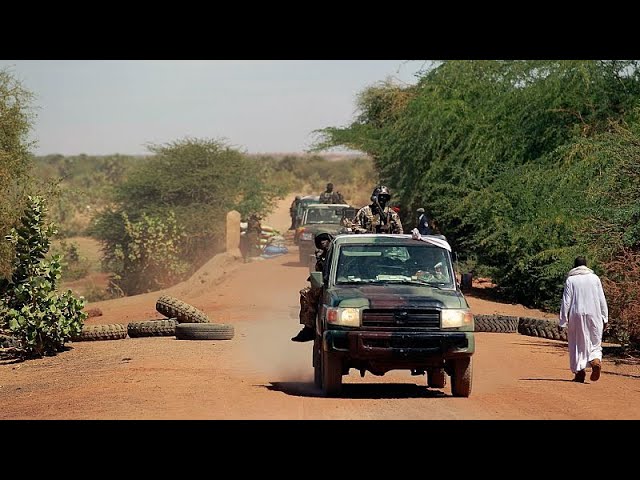
/
RSS Feed
Mali’s military government is scrambling to contain growing anger over a blockade imposed by al-Qaeda-linked militants on major highways, where lorry drivers have faced ambushes, arson attacks and kidnappings.
In a rare admission of the crisis, Prime Minister Abdoulaye Maïga said authorities were working to restore security on the routes. The blockade, which threatens Mali’s fuel supplies, is seen as a dangerous escalation in the country’s decade-long jihadist insurgency.
Escalating tactic
The blockade began in early September after the kidnapping—and later release—of six Senegalese lorry drivers on the Dakar-Bamako corridor. Militants from Jama’at Nusrat al-Islam wal-Muslimin (JNIM), al-Qaeda’s Sahel affiliate, have since erected checkpoints, torched fuel tankers and buses, abducted drivers and extorted “taxes” from traders.
Two areas have been hit hardest:
-
Kayes region – Mali’s “gateway to Senegal” and entry point for most imported goods.
-
Nioro-du-Sahel – a key route linking Mali to Mauritania.




